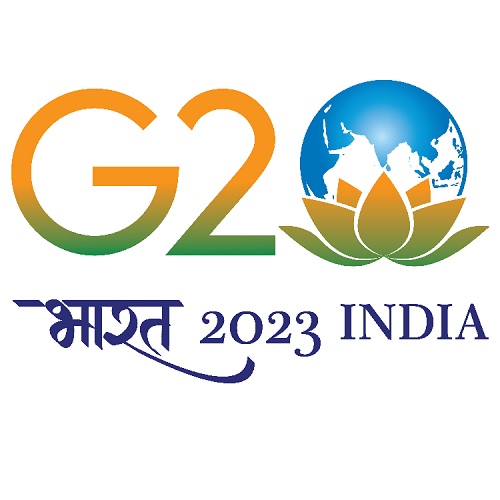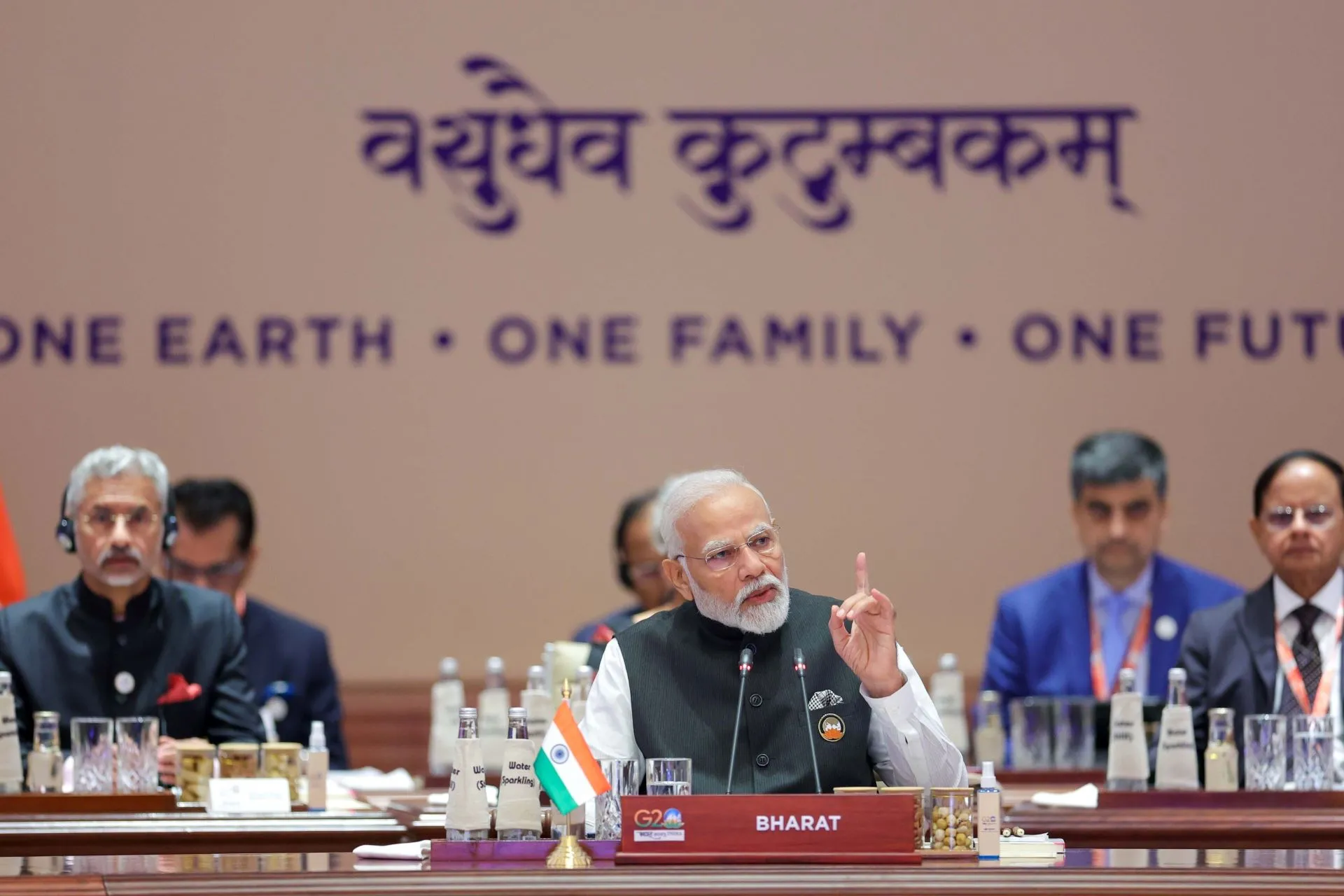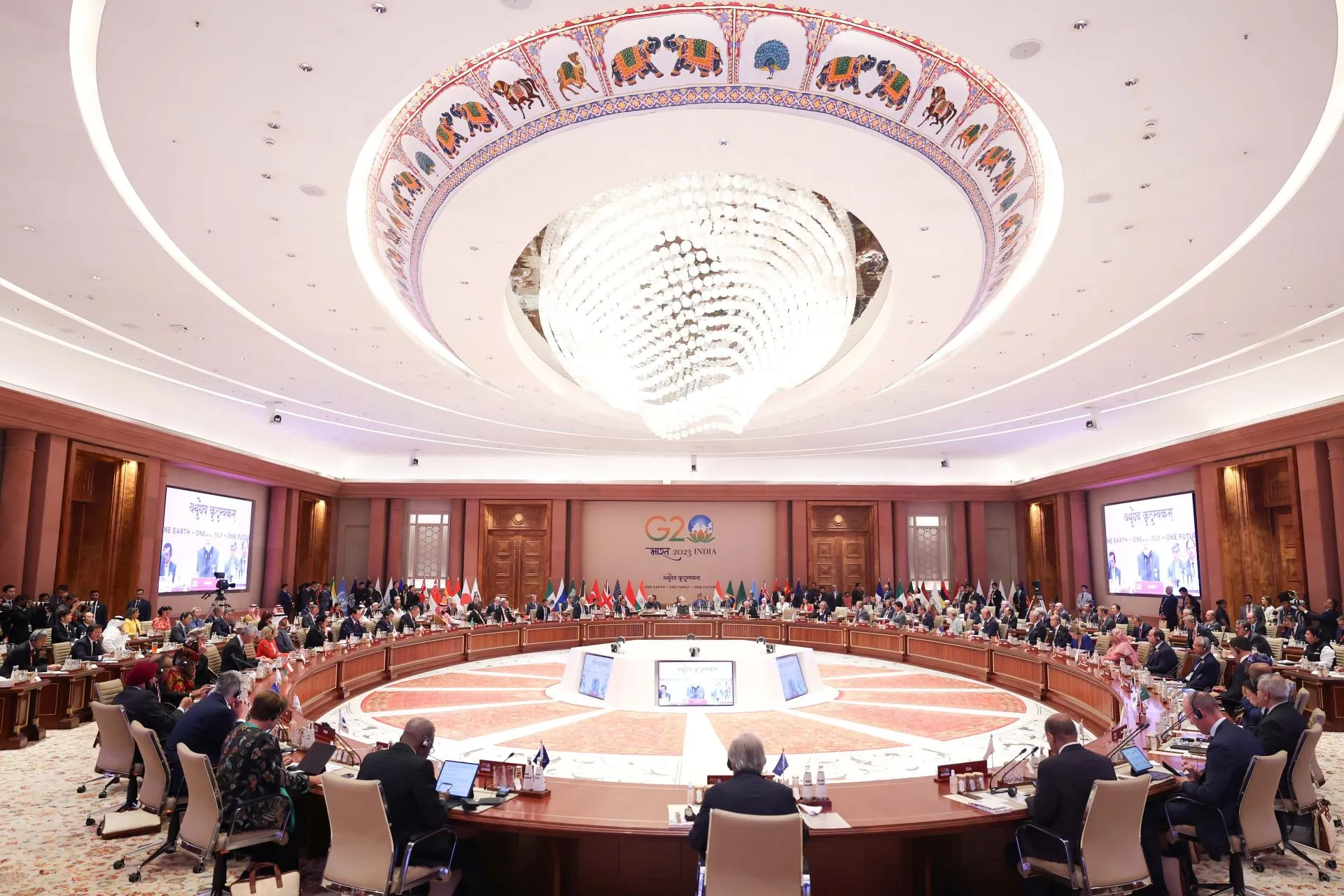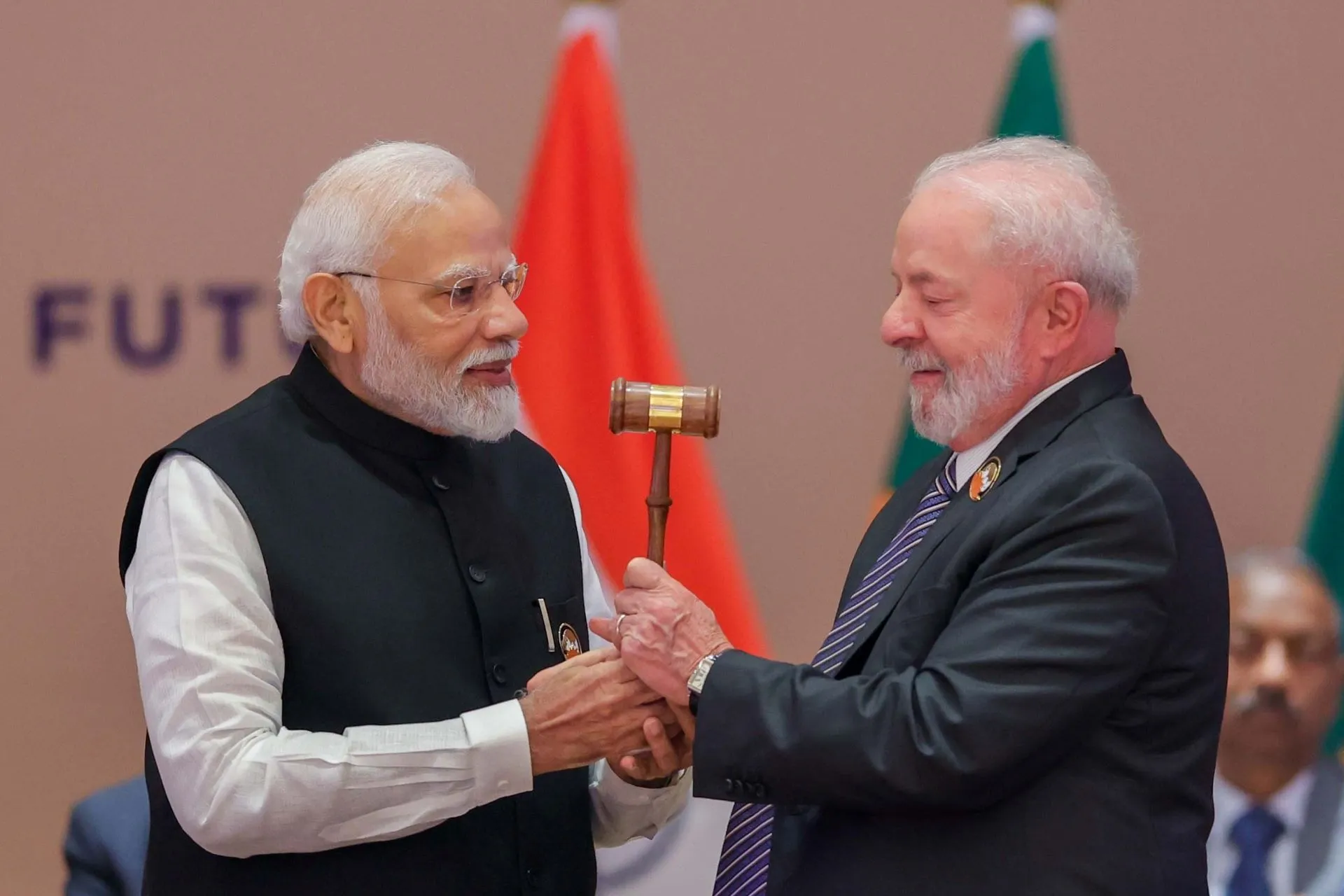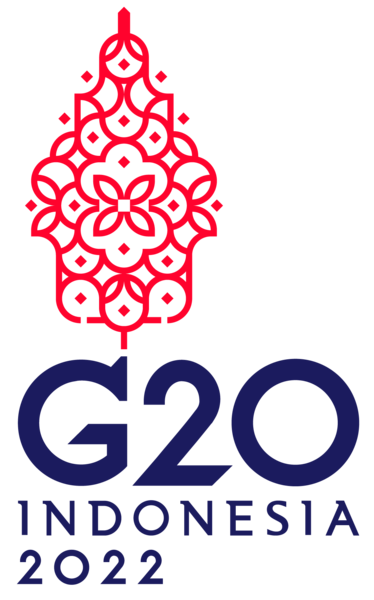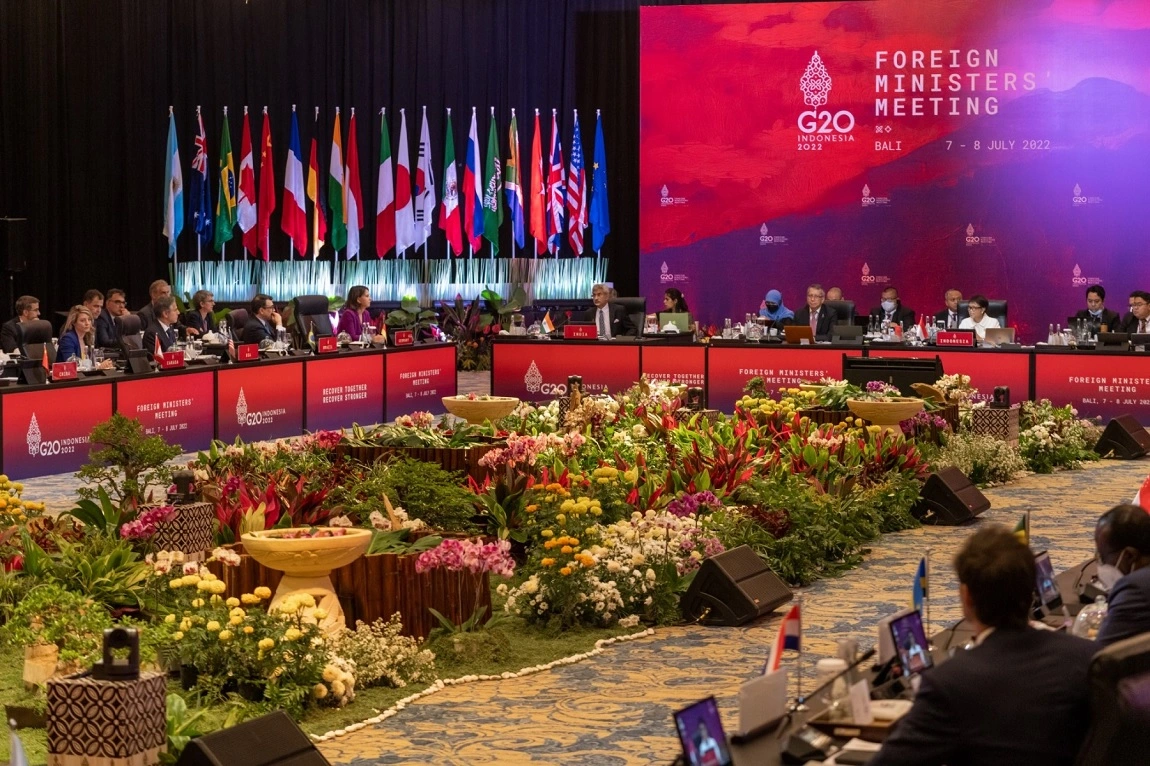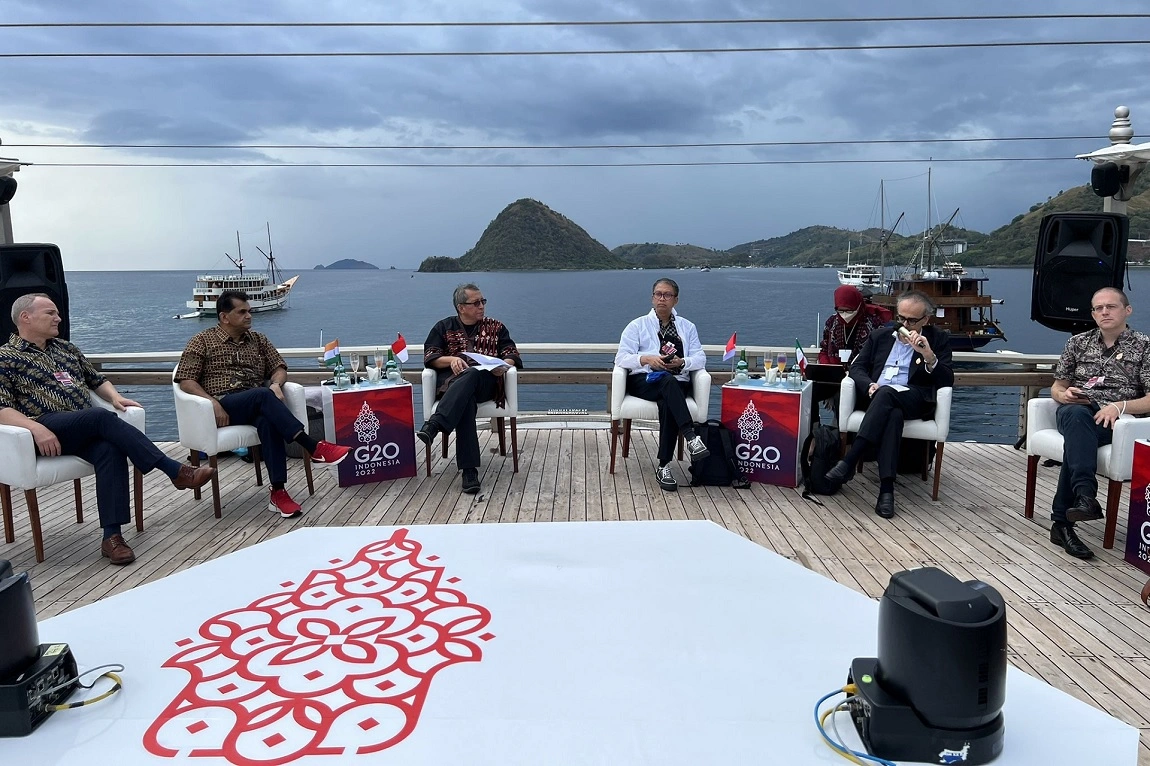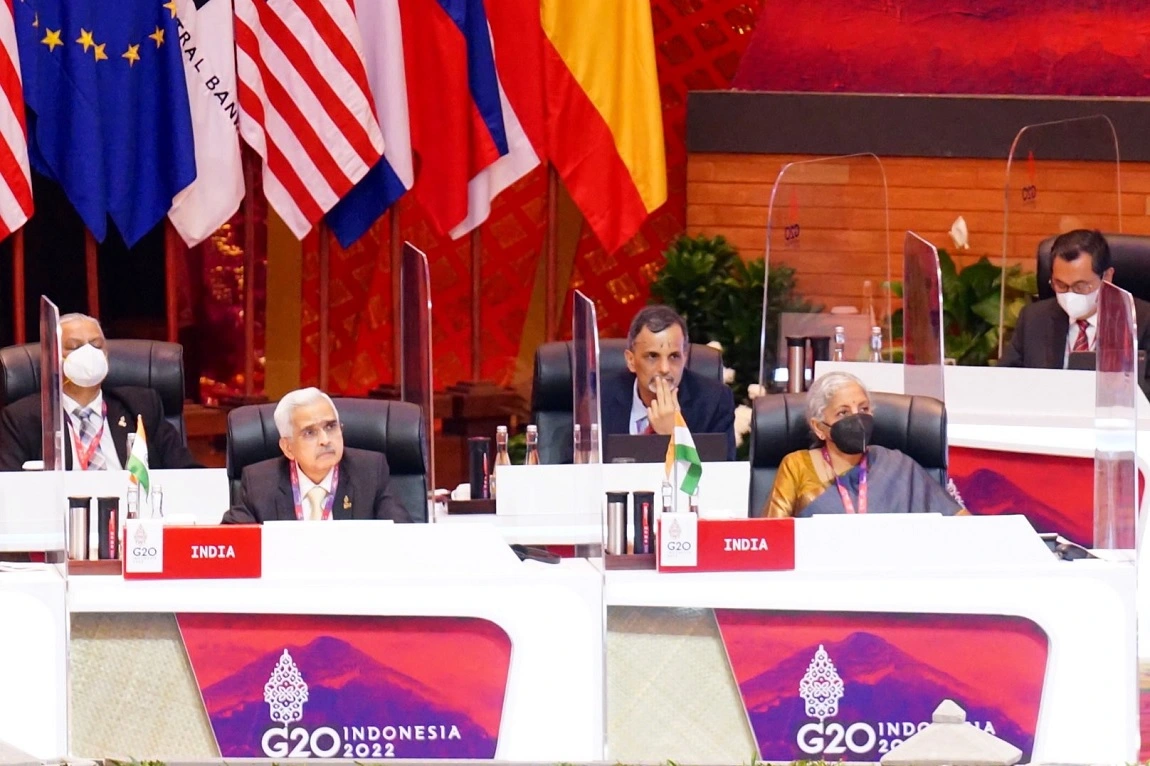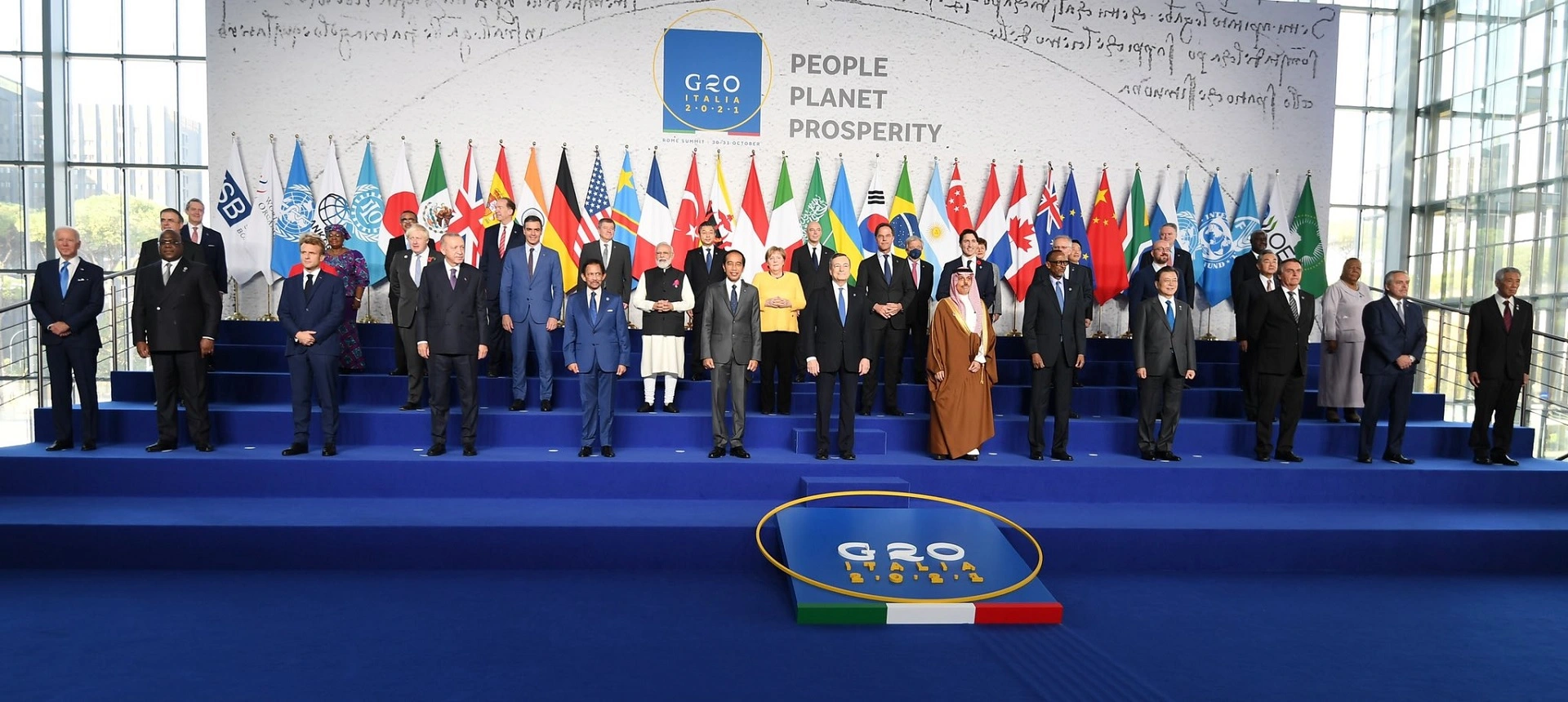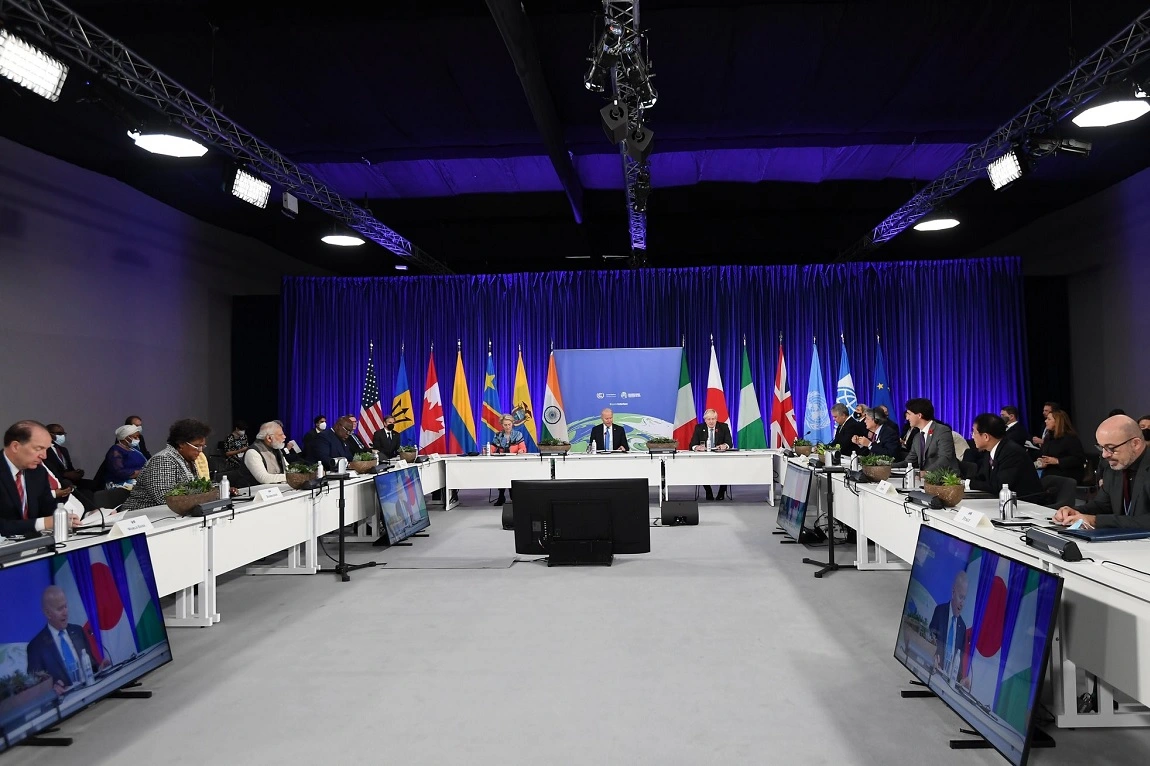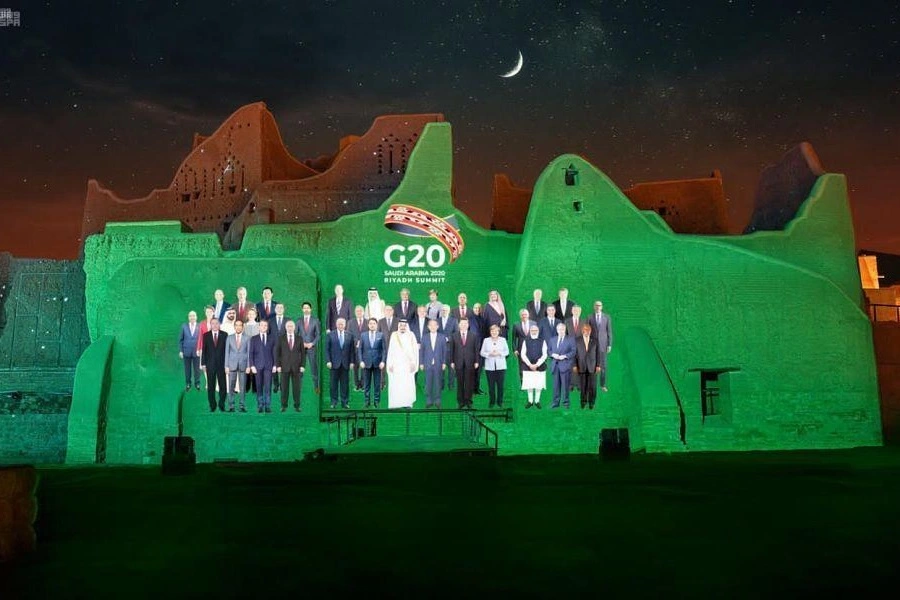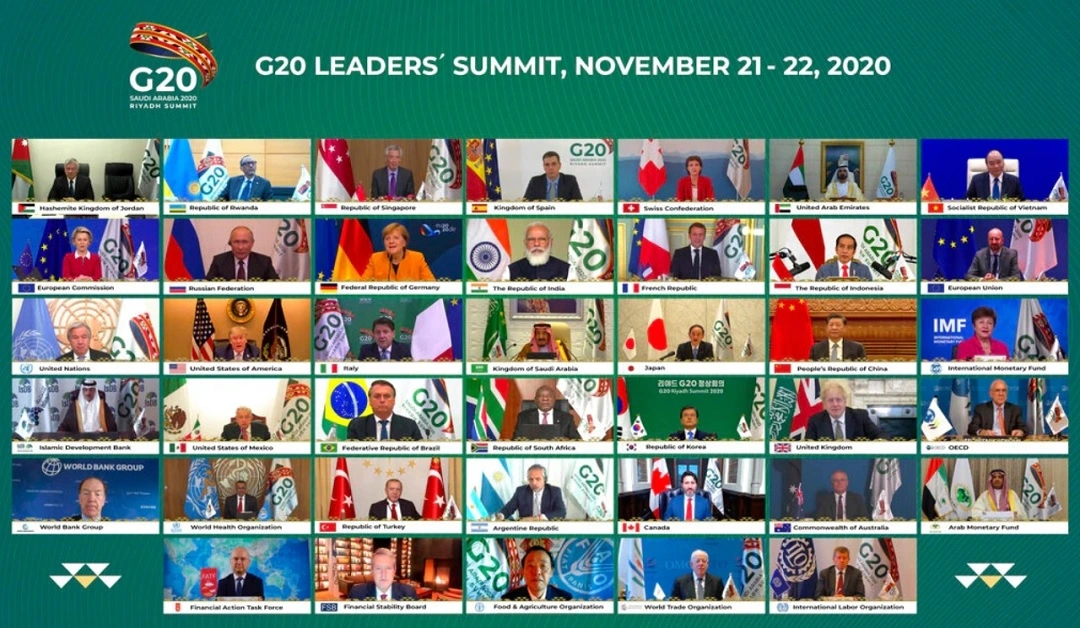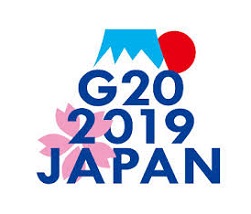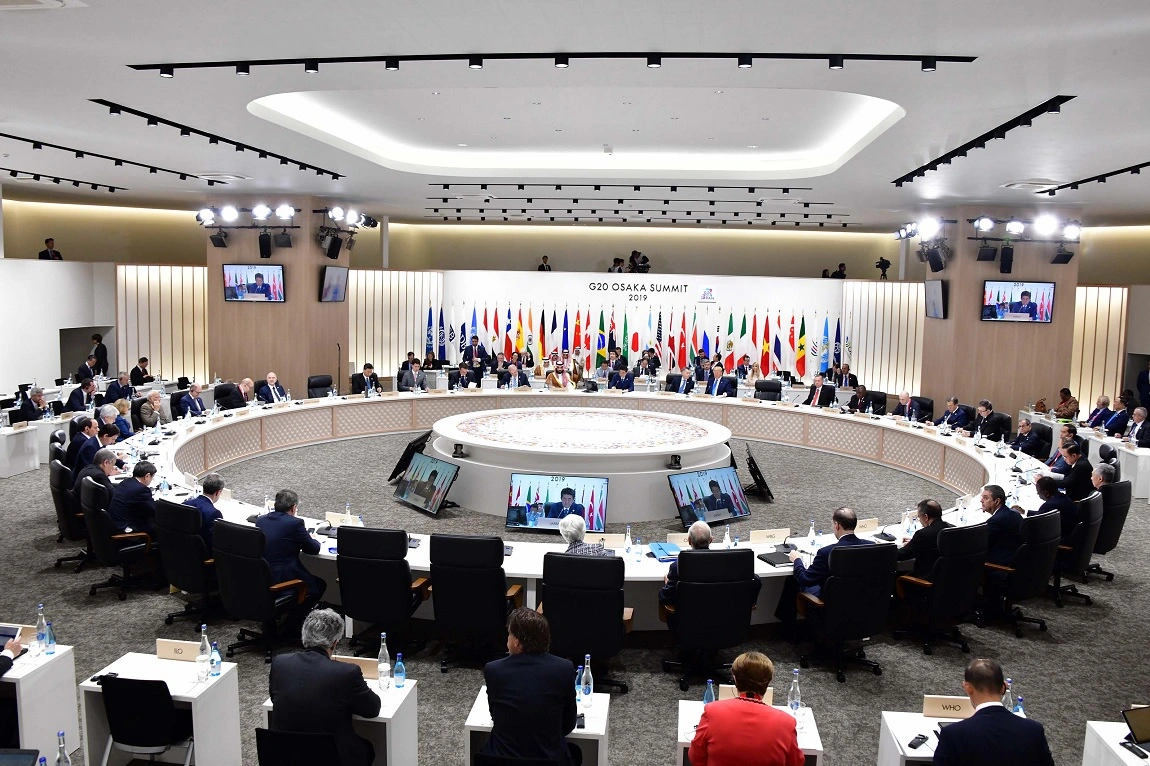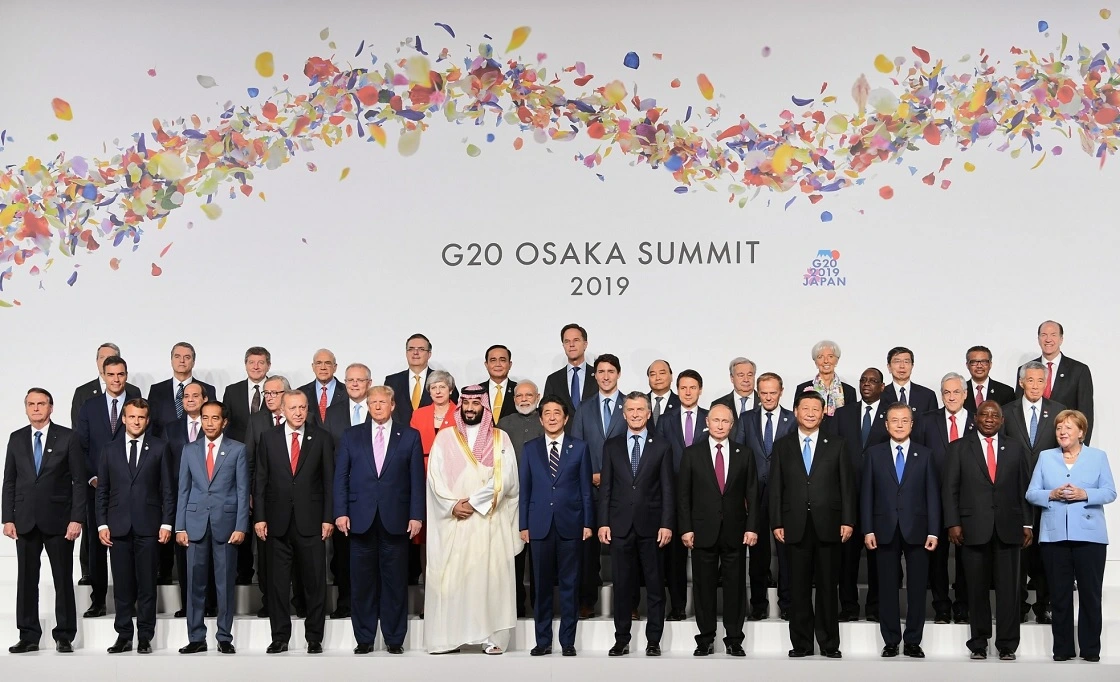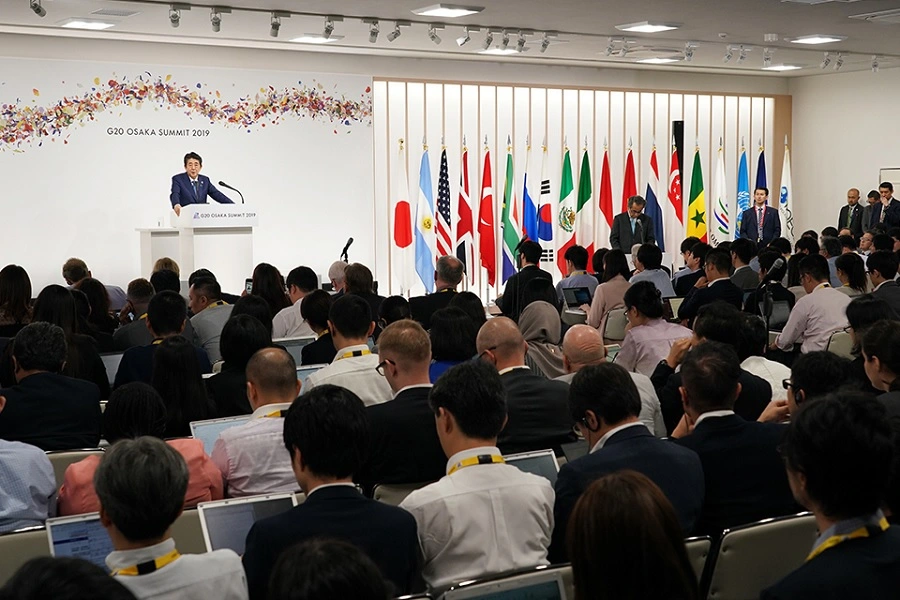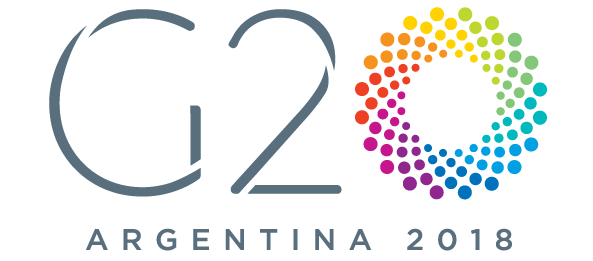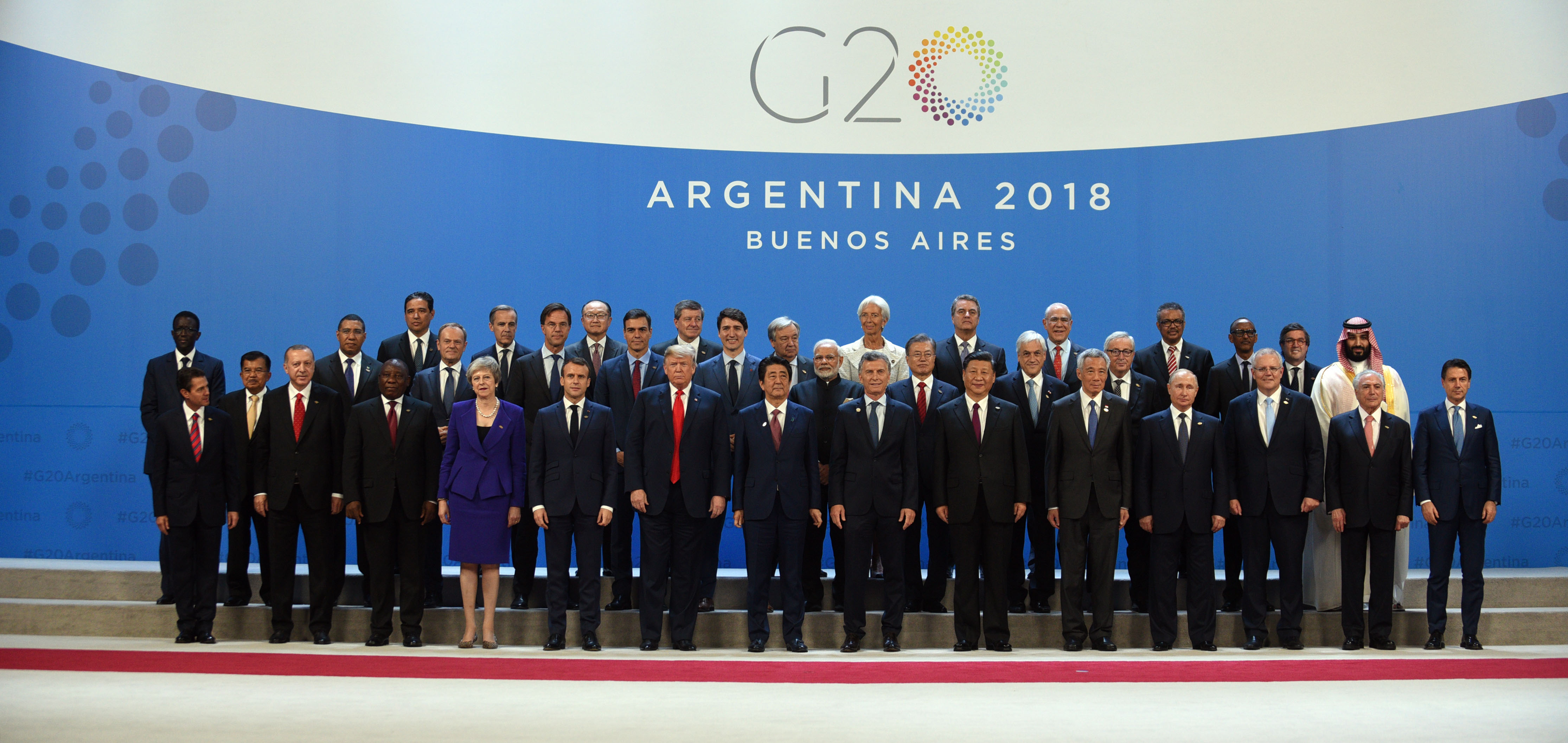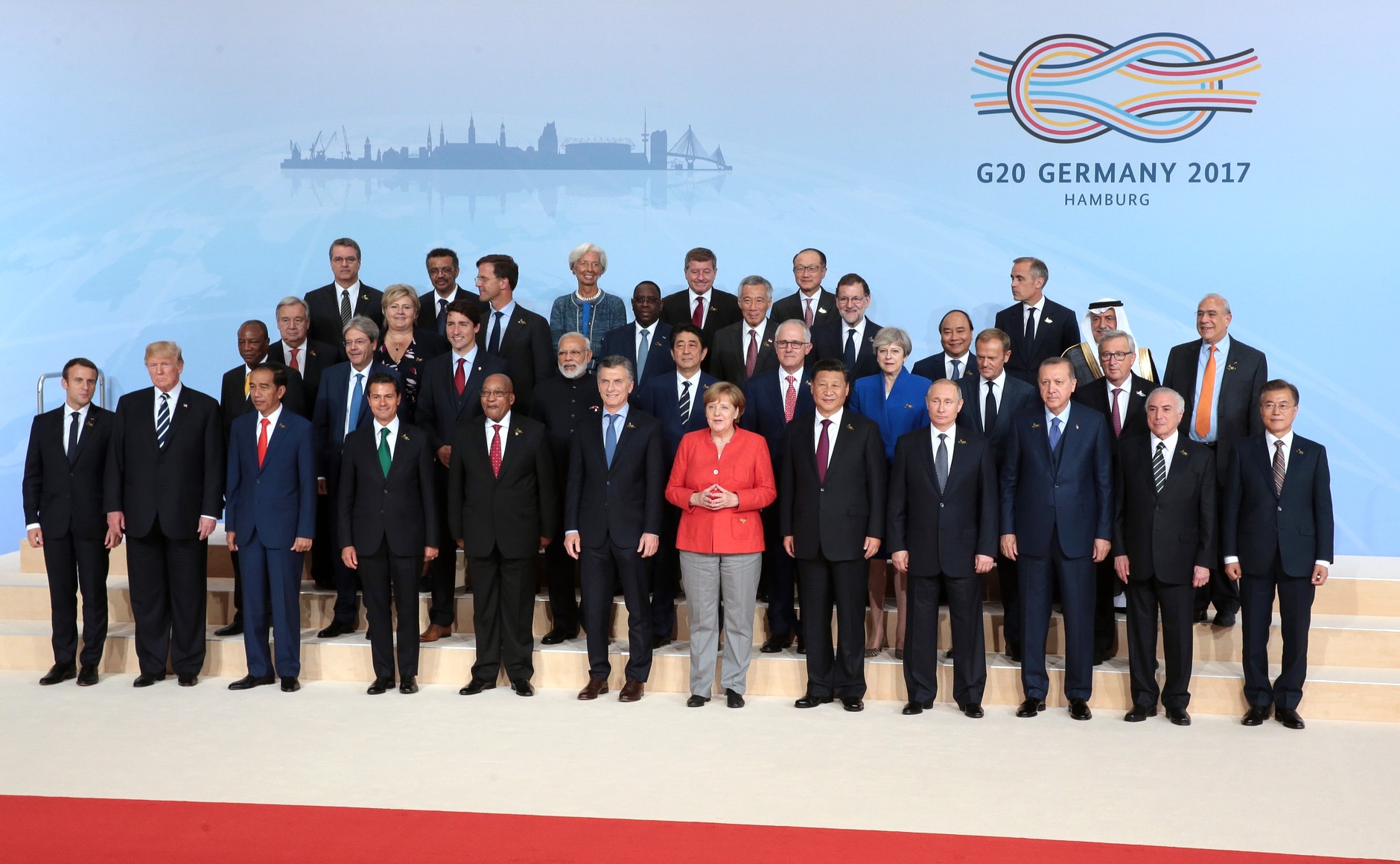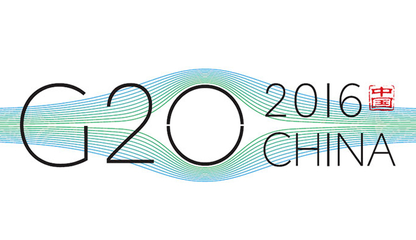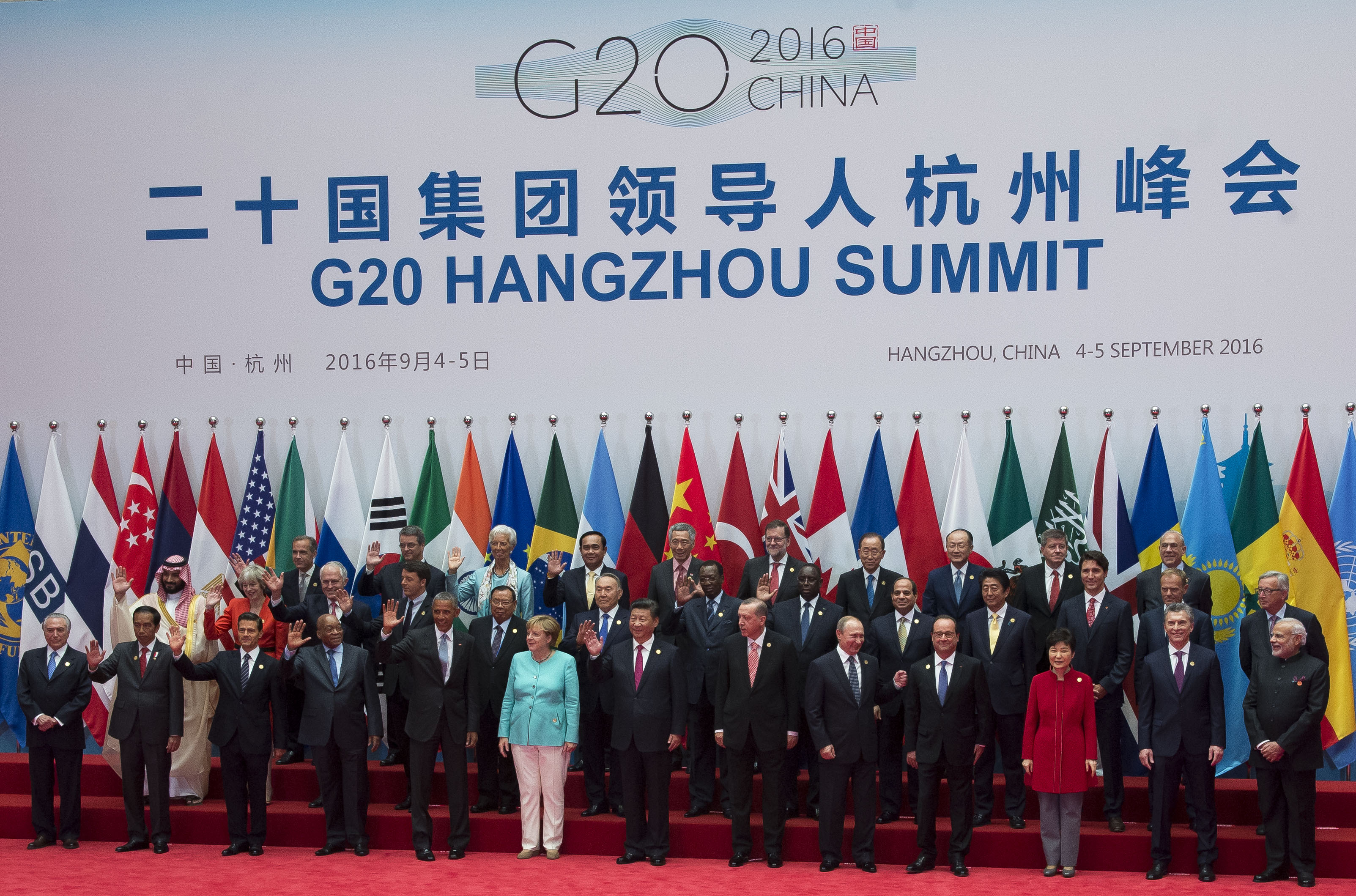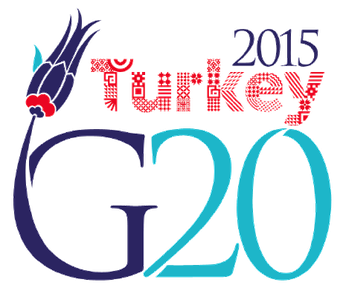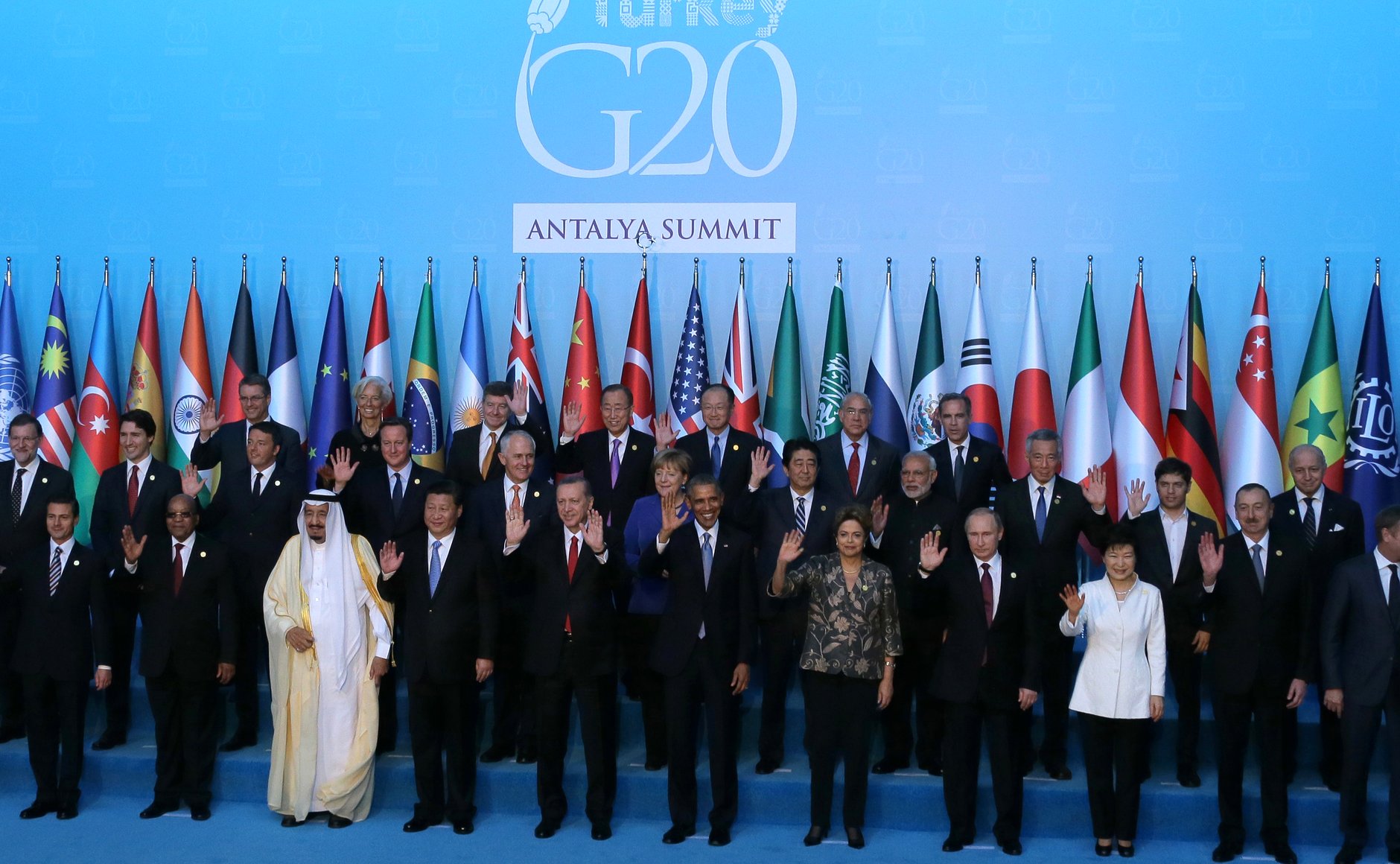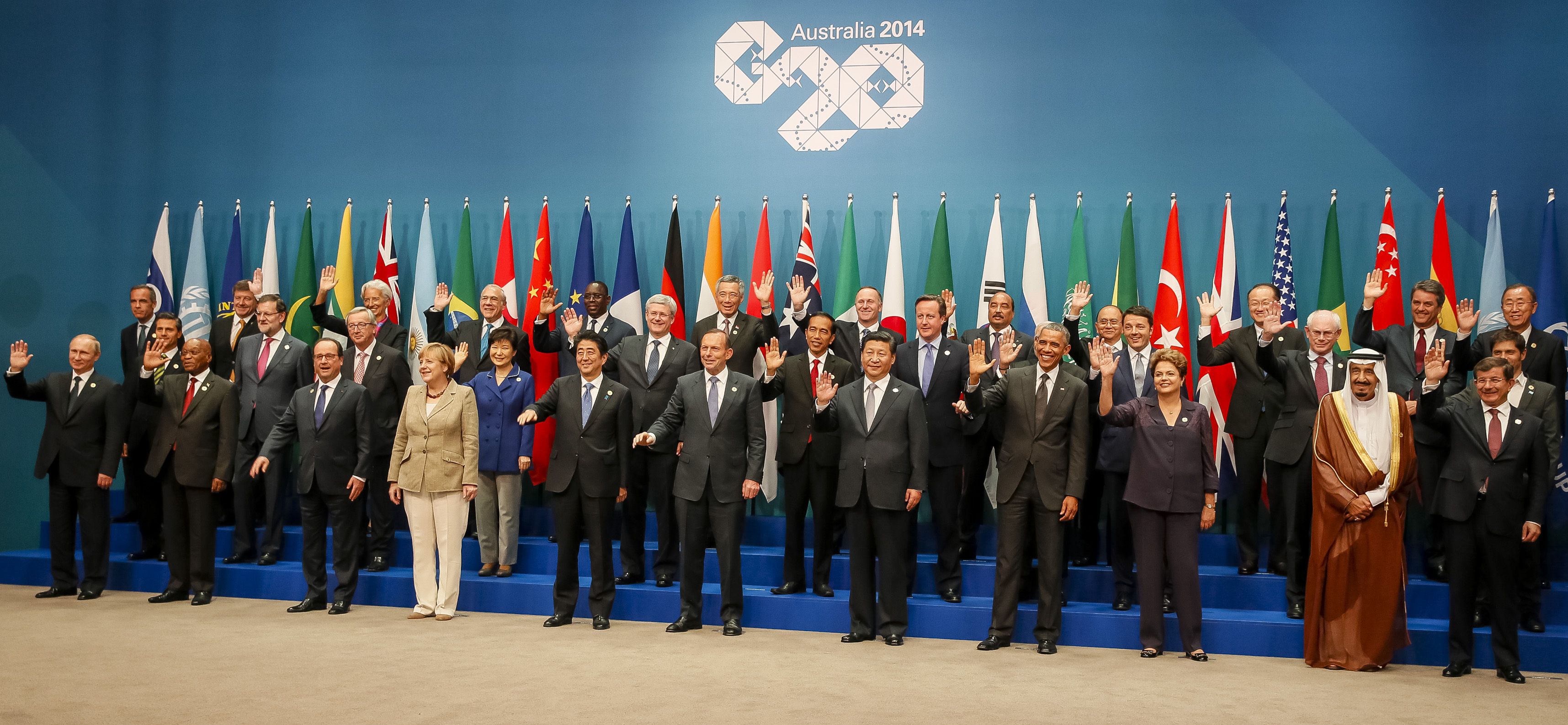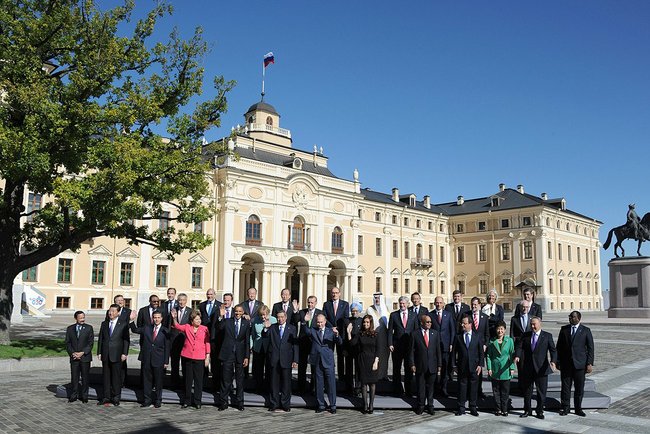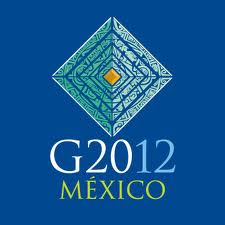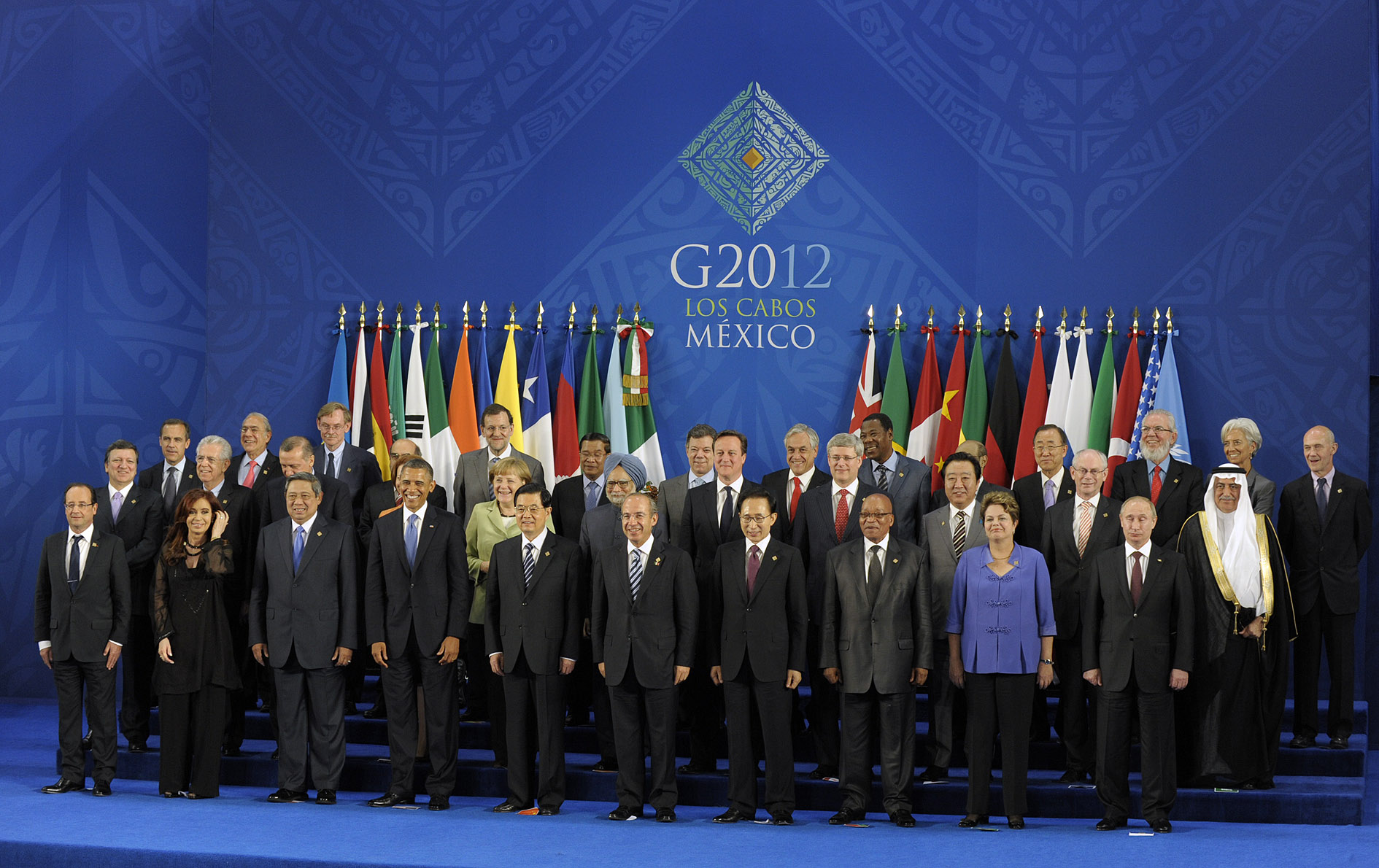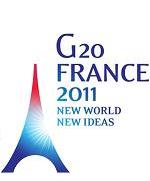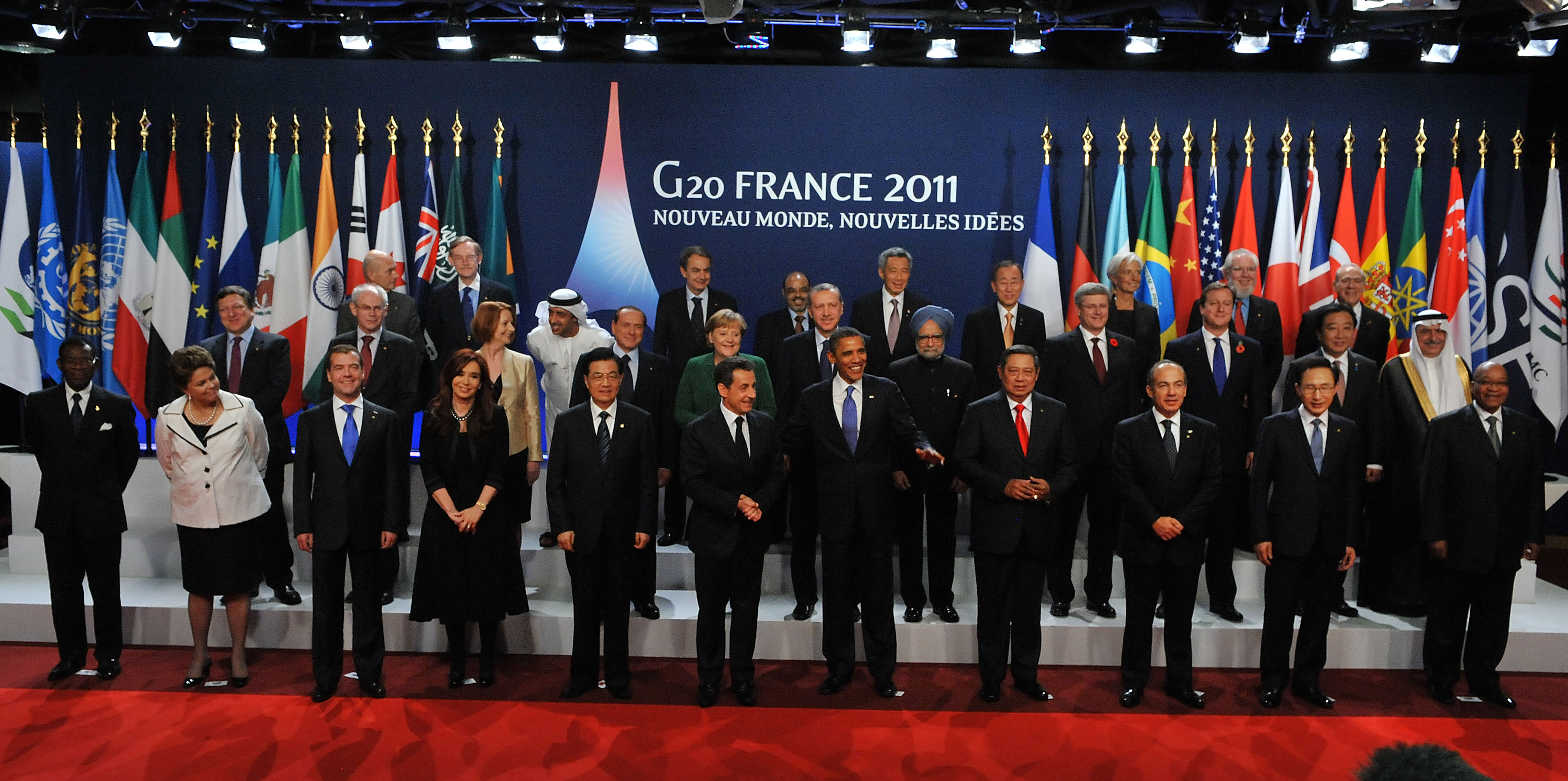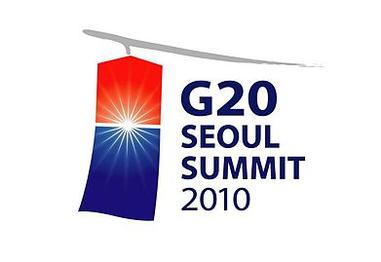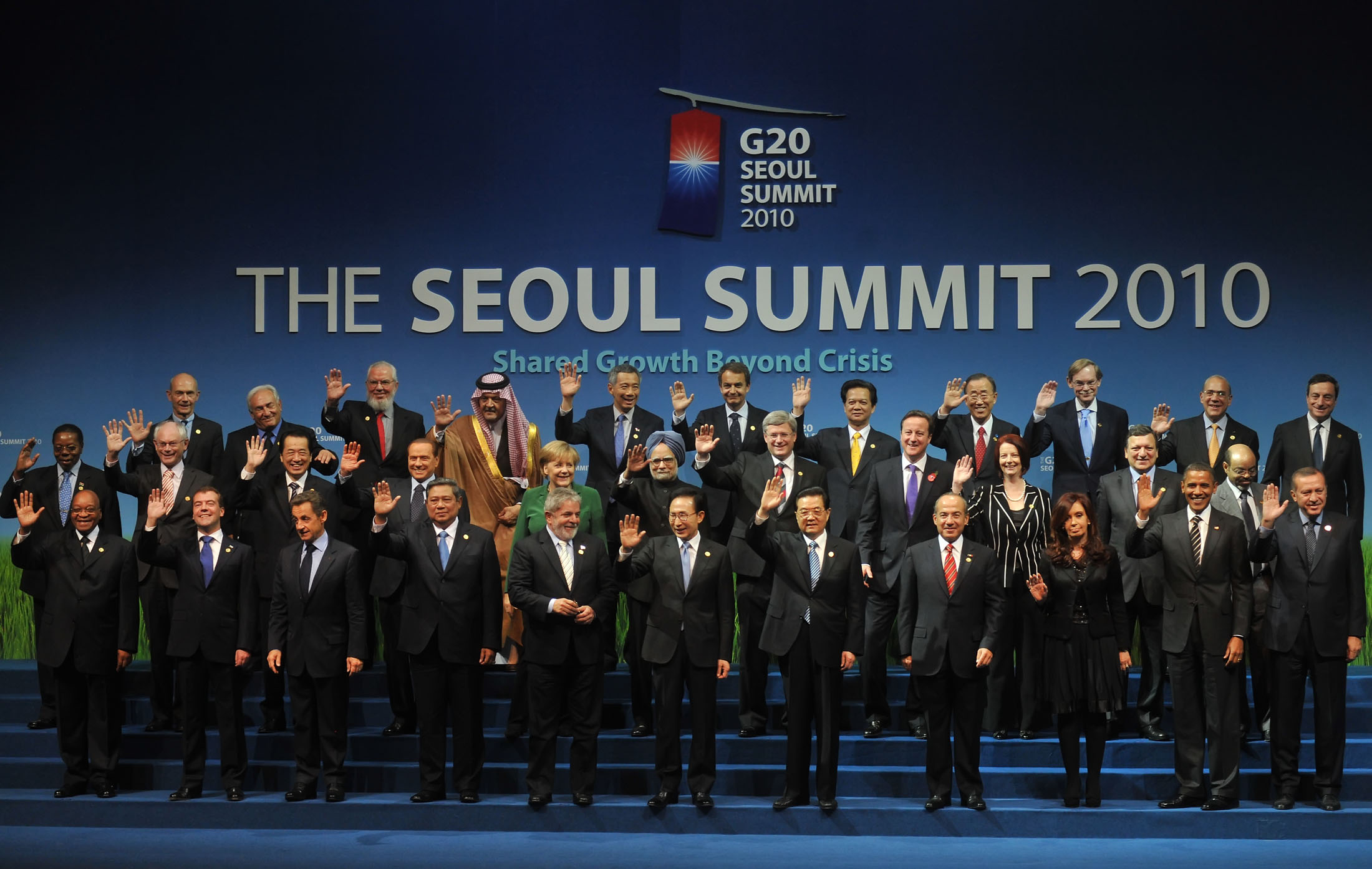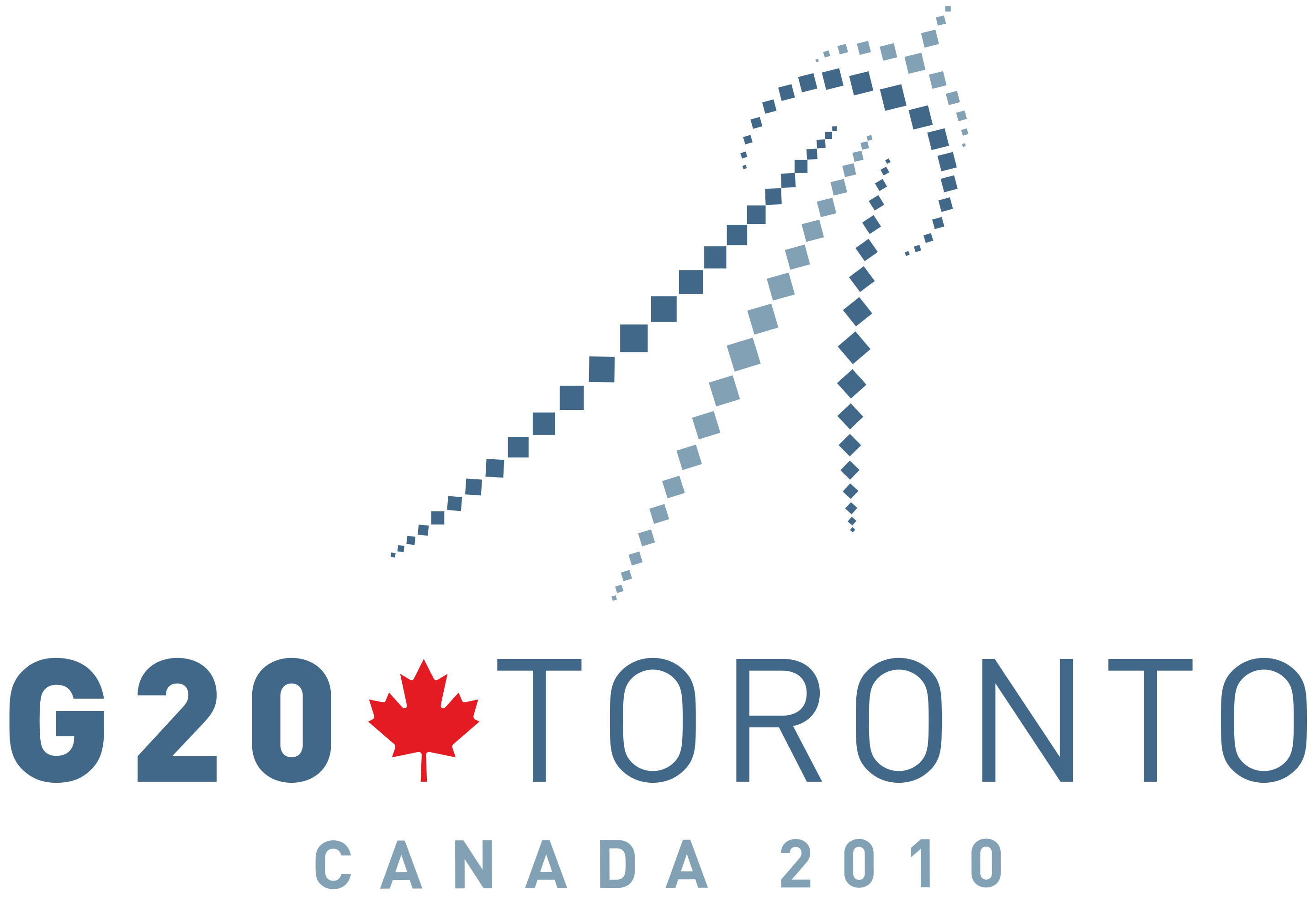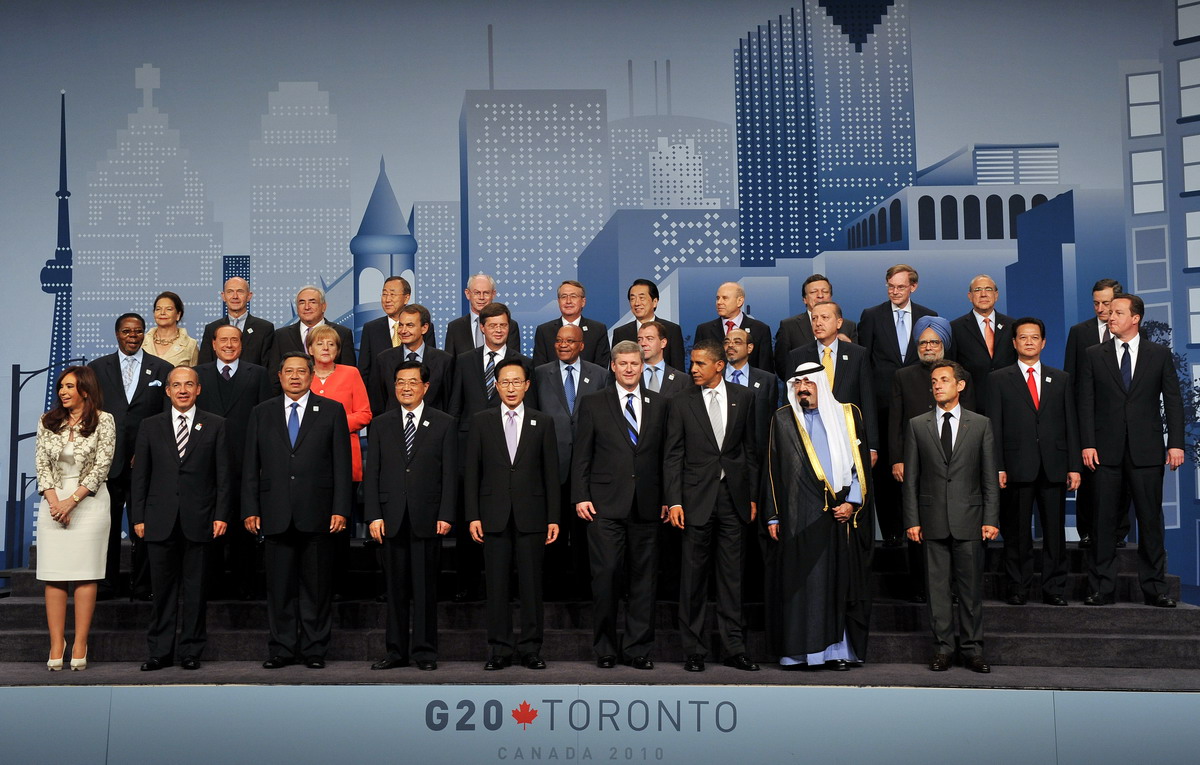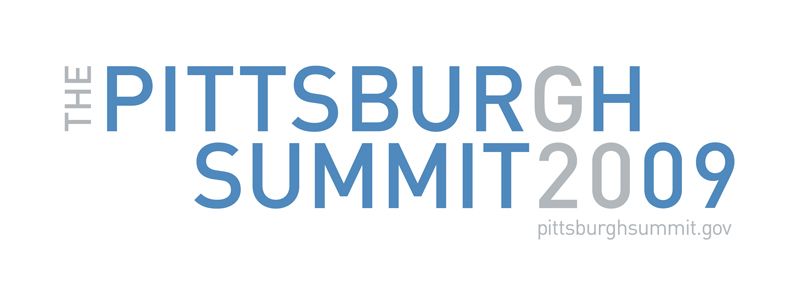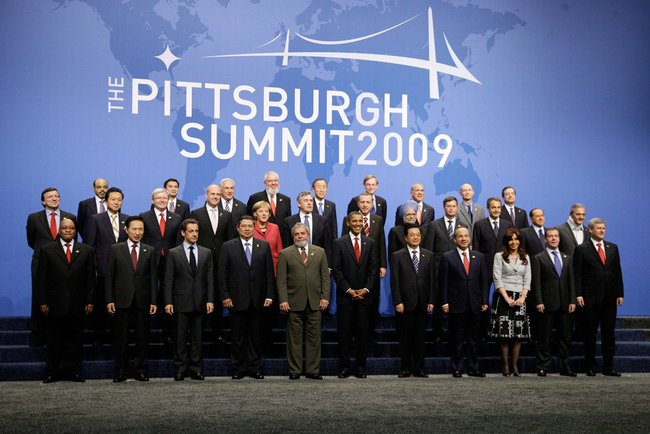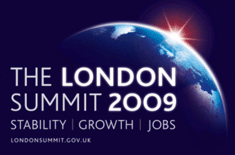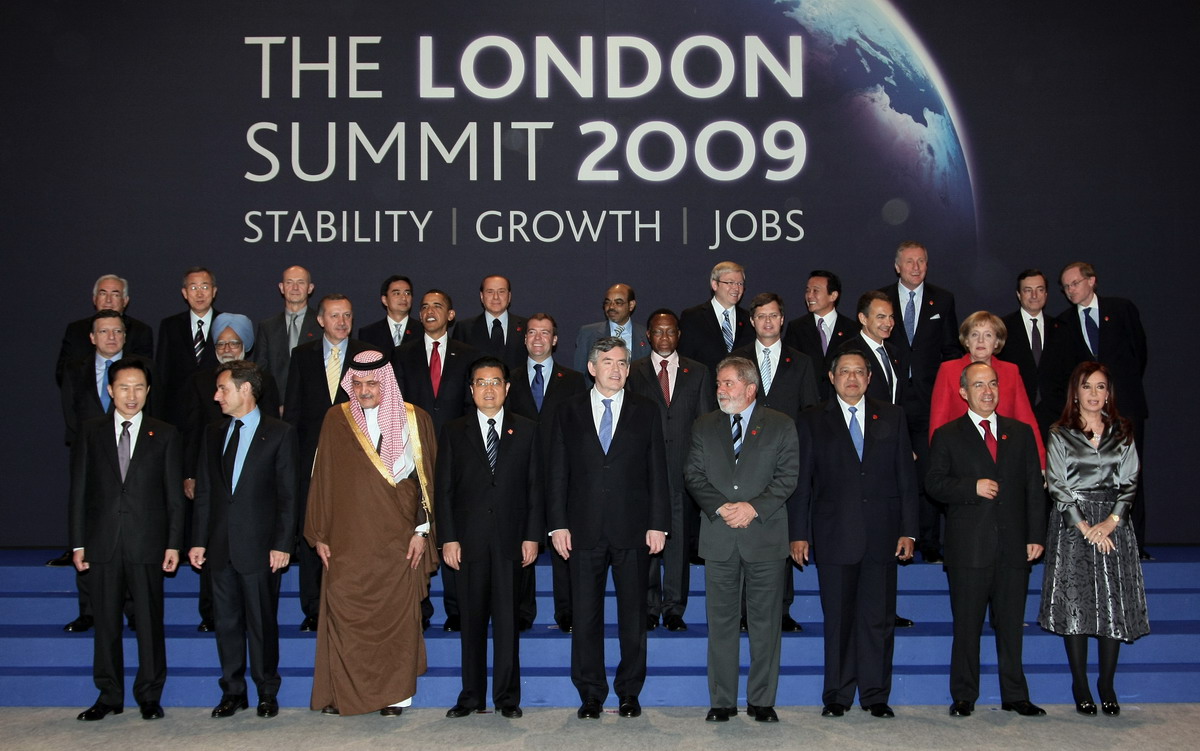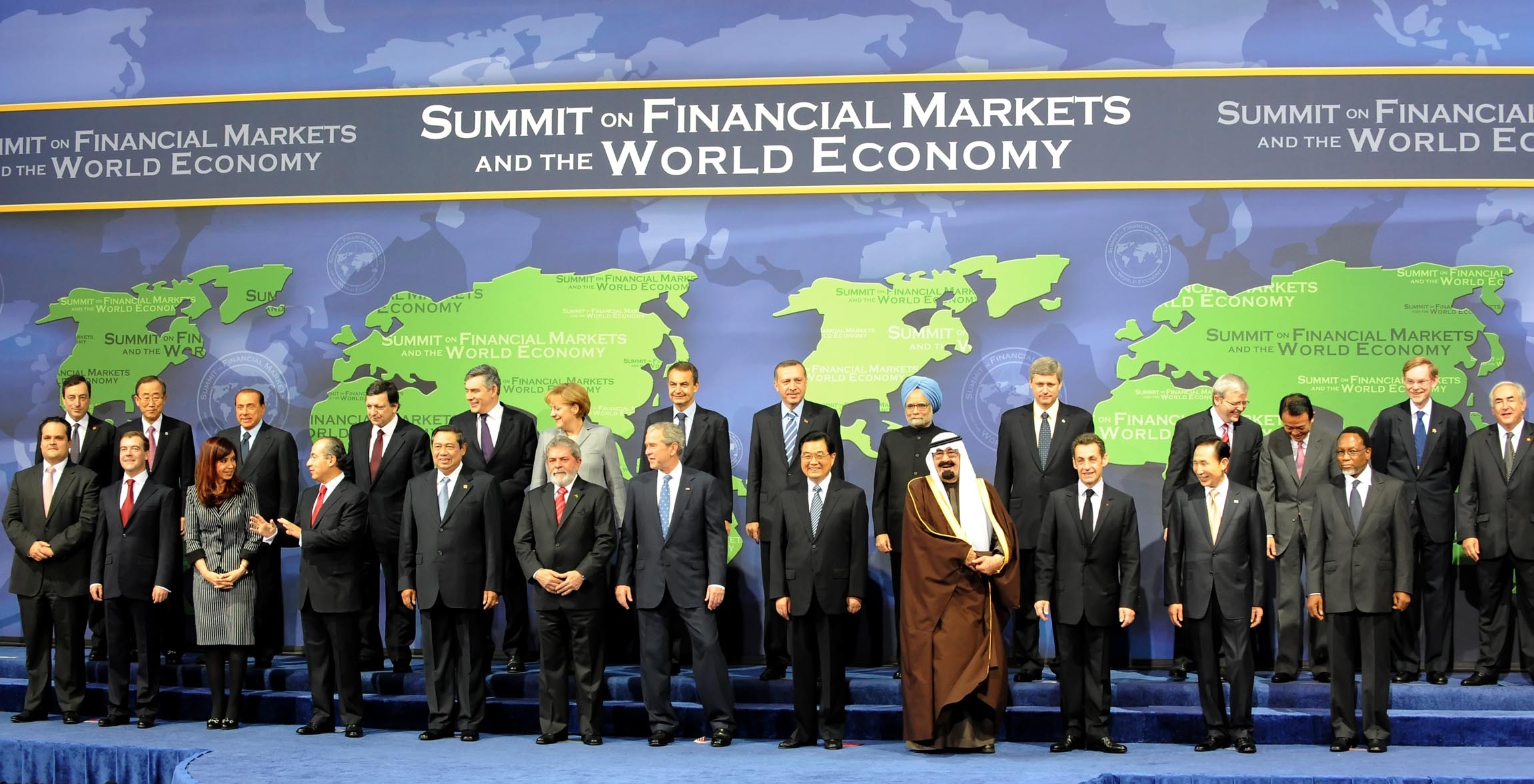The 8th G20 Summit was held in St. Petersburg, Russia, on September 5-6, 2013.
The main topics proposed for consideration of the summit were:Implementation of the Framework Agreement for Sustainable, Strong and Balanced Growth;providing employment;reforming the international monetary and financial system;reform of financial regulation and supervision;sustainable development of global energy markets;promoting international development;strengthening multilateral trade; anti-corruption.
As for the objectives of the Russian G20 Presidency, it decided not to introduce any new items to the agenda but rather concentrate on the traditional track in support of a sustainable, inclusive and balanced growth and job creation around the world. Russia concentrated on coordinating policy measures that could be taken to stimulate the expansion and developing of long-term investment sources of growth, as well as discussing the future of sovereign borrowings within the context of the national commitments to a set of agreed international rules.
In order to ensure the continuity and implementation of the earlier commitments Russia focused to work with partners to advance traditional issues on the G20 agenda, such as the state of the global economy, implementation of the Framework Agreement for Strong, Sustainable and Balanced Growth, facilitation of job creation, reform of the currency and financial regulation and supervision systems, including the reform of the IMF formula and quotas, as well as maintaining stability in global energy markets, stepping up international development, strengthening multilateral trade and countering corruption.
